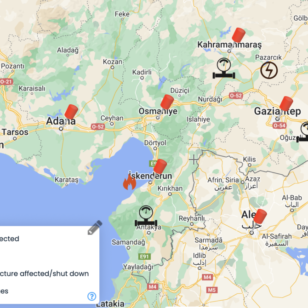A view from Eastern Europe: predictions for 2020
Antonia Colibășanu (PhD, associate lecturer at Bucharest University of Economic Studies)
“The most important and stringent problem that is left for the EU to solve in 2020 is that of Brexit. Even if the Brits have their own mind made up, a big decision needs to be made on the British divorce – and, as in the case of all big decisions within the EU, unanimity is needed. So, the decision will have to satisfy the Germans on market access, Luxemburg on financial issues, the Irish on border issues and the Spanish on Gibraltar, to name just a few in the EU that will likely have to do some “deep thinking” over anything relating to Brexit. That is difficult to say the least – anytime in history.
2020 is also the first year in office for the EU Commission. The accommodation period will likely be short – not only due to the current political and economic problems of the EU and its members but also because of the fact that the newly reformed multiannual financial framework will be negotiated this year. For Eastern Europe and the Balkans, this process will show, one more, proofs for the EU commitment to the EU bordering and the neighboring regions (or its no-commitment).
The other element that will pose more challenges for Europe (EU and non-EU members alike) is the increasingly important role Turkey plays for the region. Ankara no longer feels satisfied with its “Western ally” status – it seeks to grow its influence in the Middle East and the Balkans and negotiates directly over the migration crisis, reaching out to Germany directly. While its economics is still weakened, the political game Turkey is playing poses new risks and asks for the EU position on security and trade matters both. As Turkey resets its relationship with the West (the Western Europe and the U.S. both), it is the Balkans and Eastern Europe – the border zones, that will feel the growing tension.”



